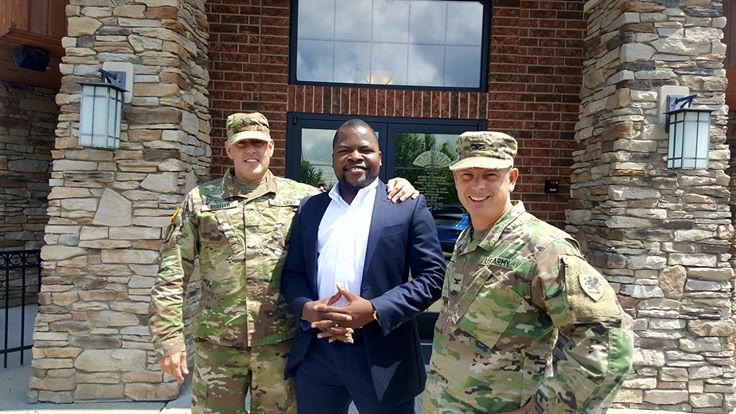
Here in the United States, I’ve worked with some top military brass (my boss in this picture is a colonel and counsel to General Vadnais of the United States Army).
Military strategists don’t like war/conflicts, but they’ve no choice. In any military operation, things can get ugly very fast.
When I (as a law clerk to the General Counsel) participated in “Operation Northern Strike” scenario, Captain Ryan tasked me to review a pocket-size rule of engagement for soldiers, so I included all statutory and humanitarian laws in it.
During the simulation exercise, we got some feedbacks from foot soldiers and their leaders: JAG (acronym for military lawyers) officers are unrealistic, they said.
When real hostilities begin or any military operation is initiated, and a soldier faces an imminent threat to his life, he doesn’t revert to a pocket-size manual on the rule of engagement (he doesn’t call the Commander-in-Chief); his first instinct goes to his basic training: And that can mean anything, depending on individual soldiers.
Does a soldier face the risk of being tried in a military court, for violations of human rights? Yes, but guess who will judge him? A soldier (or soldiers) who had been in his shoes. With all the atrocities committed in Iraq, Israel, and Afghanistan, how many soldiers are in prison?
My point is this: Don’t mess with soldiers with guns and bullets. Let’s embrace peace, for “dead men tell no tales.”
Akintunde F. Adeyemo.







